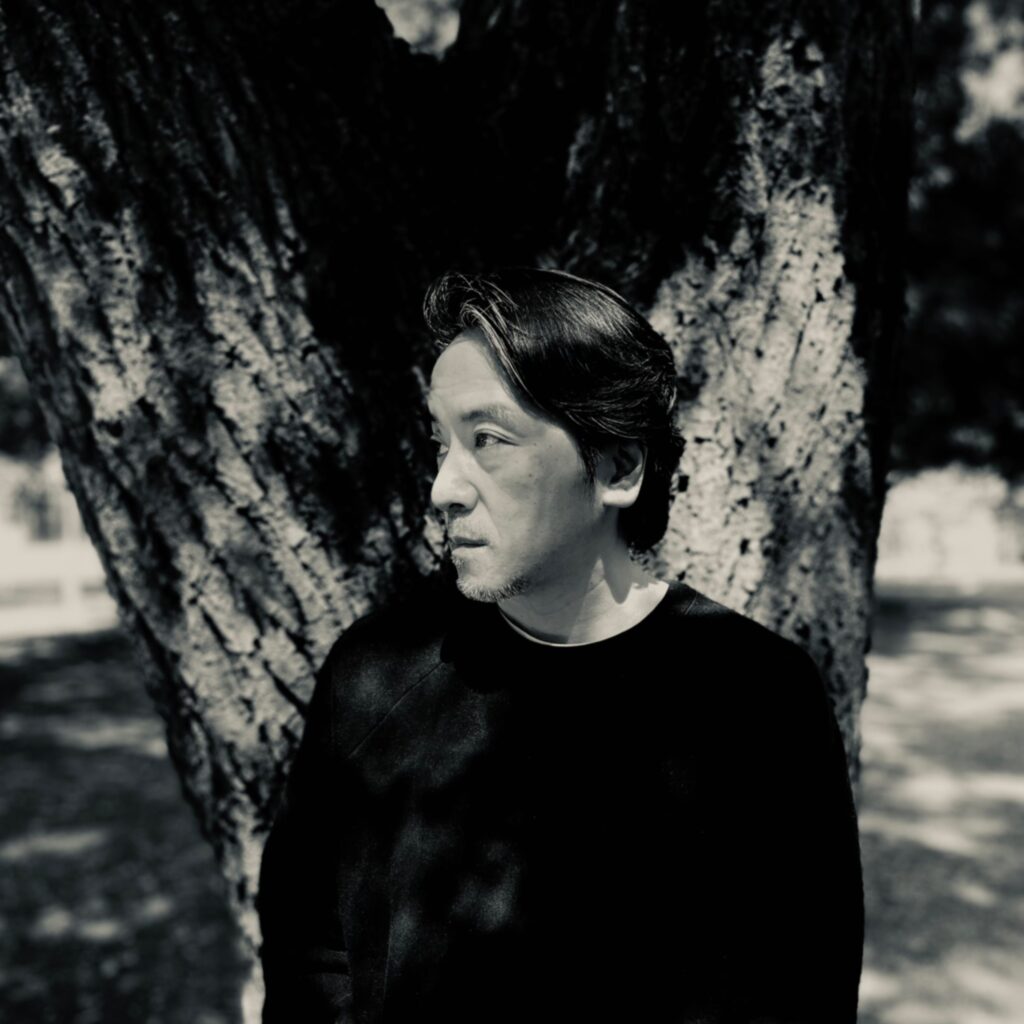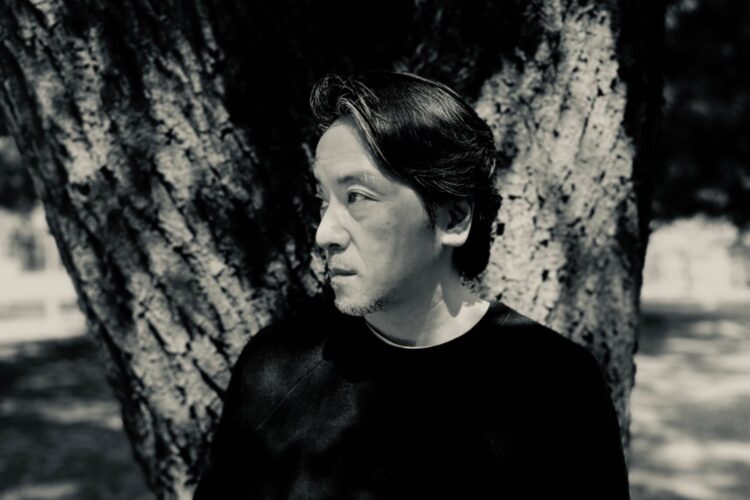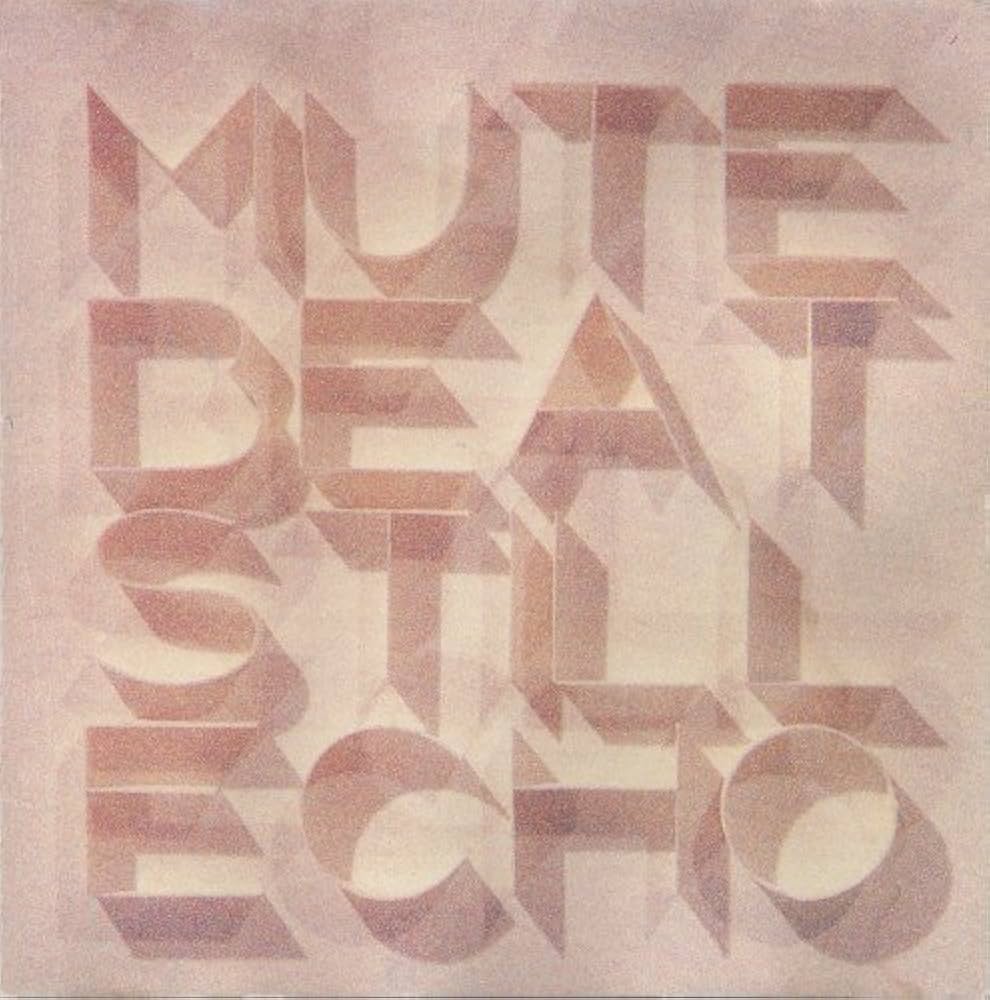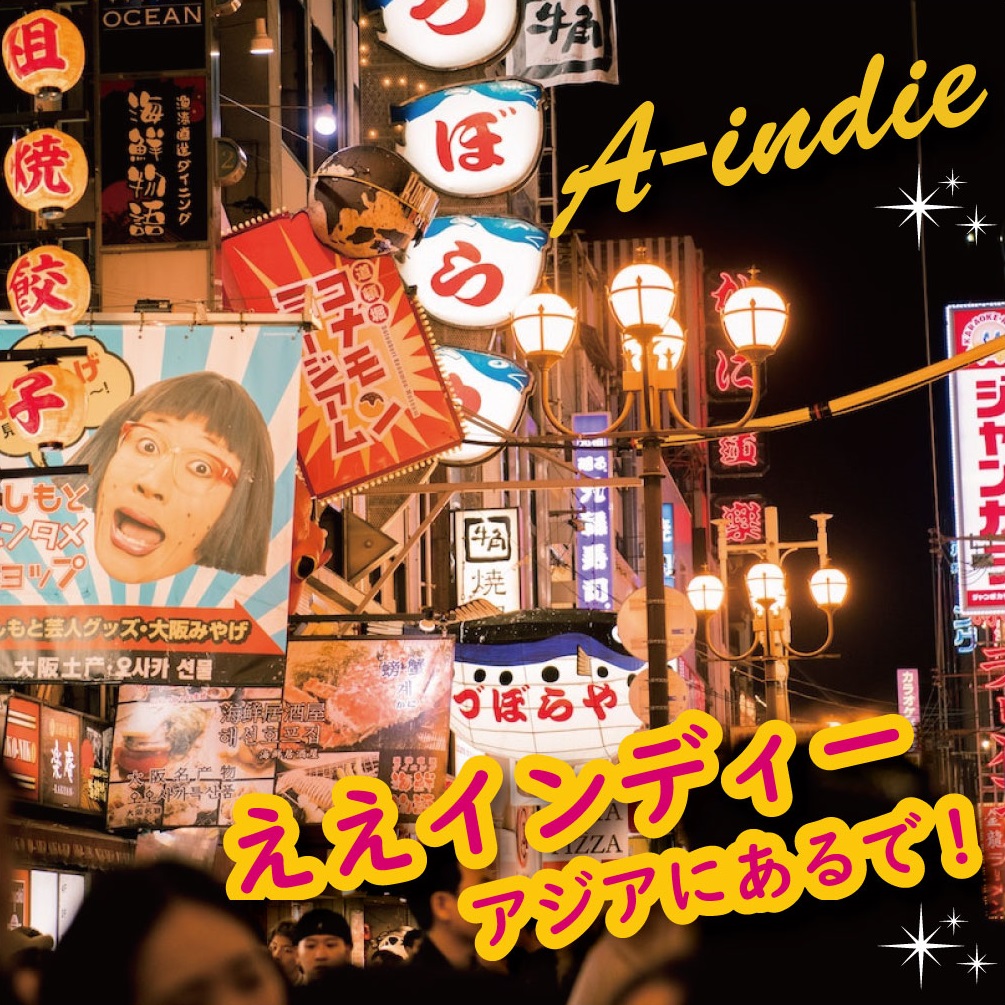Last Updated on 2025-06-24 by a-indie
Silence can sometimes become more eloquent poetry than anything else. Michiharu Shimoda started his career under the name SILENT POETS with wordless instrumentals.
SILENT POETS, whose name became even more widely known through providing music for the game ‘DEATH STRANDING’, has completed their first album in 7 years, ‘HOPE’.
During these 7 years, the world has been greatly shaken, and he himself has experienced various difficulties. Born from such circumstances, this work updates his previous quiet and peaceful image, becoming a work with clear will and message.
It is an ambitious work that boldly tackles social themes, including featuring a singer residing in Gaza.
How did SILENT POETS arrive at ‘HOPE’? We asked him to talk about that trajectory and the message entrusted to his music.
SILENT POETS’ Origins and Philosophy

Artist: Michiharu Shimoda Interviewer: Tomohiro Yabe(yabori)
When Silence Becomes Poetry
-Tomohiro Yabe: This is our first interview with you, so I’d like to start with the basics. First, please tell us about the reason you’re active under the artist name SILENT POETS. Also, what meaning does this name have?
Michiharu Shimoda: When we formed, we were an instrumental band, so I chose this name with the meaning of expressing something poetic through sound without having words. If I trace back to the roots, I myself have been a quiet person who has been bad at talking with people since childhood, and I had a special attachment to the word “SILENT.” For such a person like me, when expressing something, the name SILENT POETS felt very fitting. However, as times have changed, precisely in the current situation, the word SILENT, silence, has come to have a somewhat negative image. However, this work, while not consciously aware of this, has become an eloquent work as if to dispel that image.
From Band to Solo Unit
-Tomohiro Yabe: Originally, SILENT POETS was based on an instrumental reggae band formed in 1991. From there, it became your solo unit in 2000, but what circumstances led to this, and how did you arrive at your current activity style?
Michiharu Shimoda: At the end of the 1980s, when I was a student at Musashino Art University, I was invited by a friend to participate as a drummer in a band with NEW WAVE and JAZZ-like sounds. Through that experience, I formed a reggae cover band, and then transitioned to a sound centered on instrumental reggae and DUB, which became the prototype of SILENT POETS. Then, in the early 1990s, as my interest expanded to programmed and sampling sounds like HIP-HOP and HOUSE, I simultaneously felt sympathy for the Bristol sound that appeared around the same time. Influenced by this, seeking freer expression, I moved from band format to a two-person unit centered on programming. After about 8 years of activity from there, member Haruno left, and it became the current solo unit format.
The Aesthetics of Minimalism
-Tomohiro Yabe: You develop an original brand called “POET MEETS DUBWISE” and do design work. Looking at the clothing designs you’ve created, I’m impressed by the refined designs with plenty of white space. Do you think being minimal is also an important element in SILENT POETS’ music?
Michiharu Shimoda: This brand is something I’m advancing through exploration and experimentation based on my own sensibilities and experience as both a graphic designer and musician, and it also functions as a financial source for SILENT POETS to conduct independent music production and activities.
Being minimal is like a basic principle in my creative work, and of course I think it’s an important element of SILENT POETS’ music. In the first place, I had no musical theory or anything when composing, so I had no choice but to be minimal. Rather, I think exploring ways to bring out my own individuality within those constraints is what made SILENT POETS grow. This time, I think I was able to upgrade that minimalism beyond what I’ve done before. I’d be happy if you could feel that it’s irregular, colorful, has intonation, and has sharp contrasts.
Tracing Musical Roots
Three Albums Leading to the New Work ‘HOPE’
-Tomohiro Yabe: We are a music media that values the concept of musical “roots.” Could you tell us about three albums that became SILENT POETS’ musical roots? Also, what kind of influence did you receive from each? If there are episodes for each album, please tell us.
Michiharu Shimoda: There are so many that choosing three is very difficult, so I selected three that connect to this album.
MUTE BEAT ‘Still Echo’
MUTE BEAT is a unique existence that became the direct trigger for starting SILENT POETS and had a tremendous influence on me. At the time, I felt the potential for a Japanese instrumental reggae band that included a DUB engineer to compete globally. Unfortunately they disbanded, but they still remain as a major presence for me. On this album, following the previous work ‘dawn’, former MUTE BEAT member Kazufumi Kodama and early drummer Gota Yashiki, who later became Simply Red’s drummer, participate.
SPECIAL AKA ‘In The Studio’
This album can be called an anti-racism anthem, containing “Racist Friend” which says that even if they are friends or family, racists should not be tolerated, “Nelson Mandela” which called for the release of Nelson Mandela who was imprisoned in South Africa’s anti-apartheid liberation movement, and “War Crimes” written in response to the Sabra and Shatila massacre where Palestinian refugees were massacred in Beirut in 1982. It’s an album with social and political messages, and along with its musical excellence, it’s a work that deeply penetrated and took root in my musicality and thinking. I listened to it many times during the production of this album. The fifth track “Why?” can truly be called an homage.
NEW AGE STEPPERS ‘Foundation Steppers’
NEW AGE STEPPERS was a very important presence in the process of my evolution from punk to dub after being awakened to music through punk. I was influenced by them as pioneers of reggae and dub that wasn’t so-called Jamaican reggae, feeling that reggae could become such sophisticated and edgy music. This album in particular is my biggest favorite. Mixer Adrian Sherwood is the father of Dennis Sherwood, the vocalist on track 2 “Hope” on this album.
Next page here⏩️
About the weekly updated new songs playlist
We are always happy to accept songs that you would like to add to the playlist, so please send us your information using the contact form: ✉️
BELONG updates new song playlists every week.
We also accept requests for songs to be added to the playlist at any time, so please send us information through the contact form✉️





 - is a music media platform run by BELONG, a Japanese music organization. We publish music articles with a focus on indie music.
- is a music media platform run by BELONG, a Japanese music organization. We publish music articles with a focus on indie music.